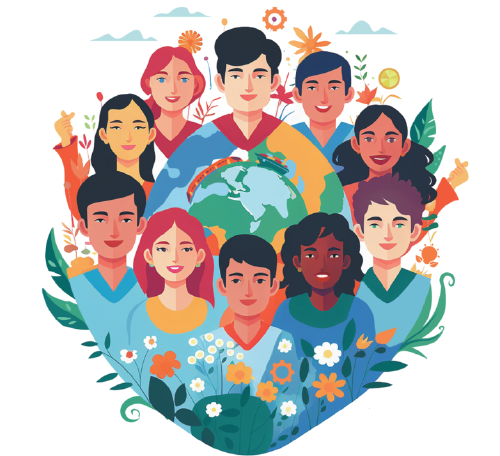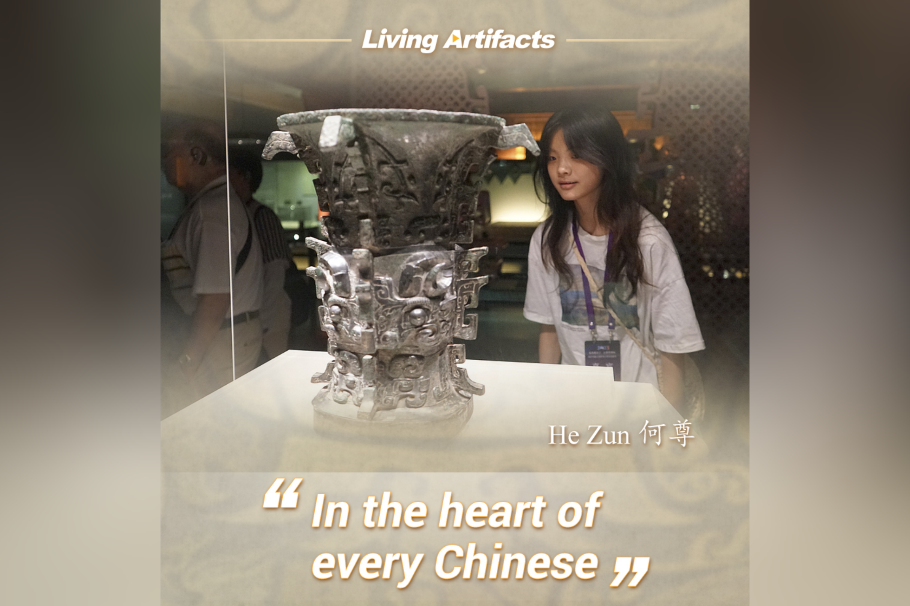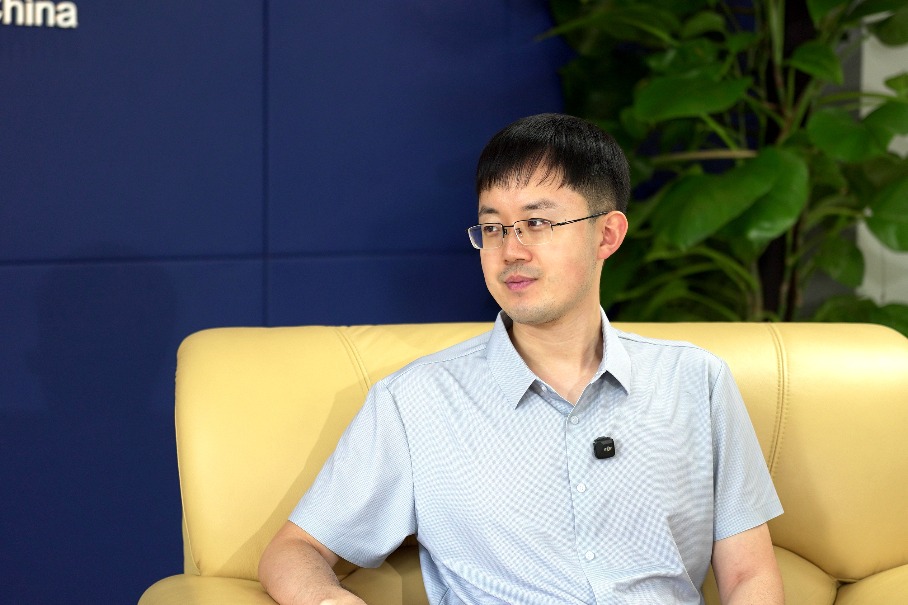Development best way to protect human rights

Partnership ensures right to development

A true global partnership necessitates replacing charity with some form of deliberate international governance. A global partnership to achieve all the Sustainable Development Goals would benefit the peoples of all countries, both rich and poor.
There is considerable agreement on the necessity of structural reforms to initiate inclusive global governance and disrupt the cabal of governments and business interests that have largely ruled the world since 1945. The locus of power must be returned to a strengthened United Nations, ultimately with an elected General Assembly with power to legislate in the interest of "we the people", not "we the peoples".
The Bretton Woods organizations — the International Monetary Fund, the World Bank and the World Trade Organization — need reform since the existing voting pattern perpetuate historic power imbalances. Yet few expect substantive reform to be accomplished soon, because the purpose of the reform is to reduce the influence of the world's most powerful countries that have framed, and benefited most from, global governance for more than 75 years.
A global development that might make institutional change more feasible is the rise of China. Western neo-realists see China's growing influence raising the prospect of cold or hot wars. However, taken at face value, something neo-realists would never do, China's remarks on development and global governance chime well. In fact, the changes suggested by China are necessary for the realization of the SDGs by 2030.
On development, China joins many in recognizing that it is important to resolve the problem of unbalanced and inadequate development, and make development more balanced, coordinated and inclusive. It acknowledges the need to strengthen people's capacity for development and to create a development paradigm where its outcome benefits every person in every country more directly and fairly.
And on global governance, China prioritizes peaceful development and the welfare of all humanity and speaks to solidarity and cooperation with people around the world and to the need to uphold international equity and justice.
It is resolutely opposed to hegemony and power politics and calls for more inclusive global governance, more effective multilateral mechanisms, and more active regional cooperation. It emphasizes that to build a community with a shared future for mankind is not to replace one system or civilization with another. Instead, it is about countries with different social systems, ideologies, histories, cultures and levels of development coming together for shared interests, shared rights and shared responsibilities in global affairs, and creating the greatest synergy for building a better world.
Robert Walker, associate fellow and emeritus professor at the Department of Social Policy and Intervention, University of Oxford, and professor of Social Policy and Development at Beijing Normal University


































